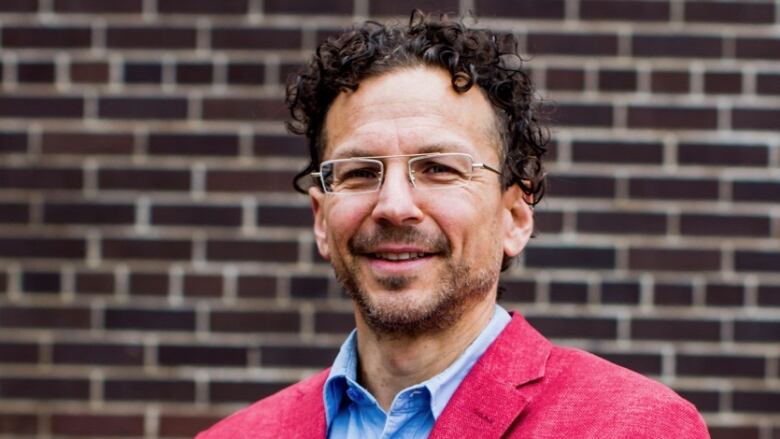Ending student hunger: Lakehead University joins Ryerson, Meal Exchange in pilot project
Maple Leaf Centre grant will help determine why students are 'sacrificing eating' to pay for education

"If you're a hungry Lakehead student, we're here for you!" - that message on the Lakehead University food bank website helps explain why the school in Thunder Bay, Ont., was chosen to partner with Toronto's Ryerson University and the national non-profit Meal Exchangeon a three-year pilot project examining food insecurity among post-secondary students.
In Hungryfor Knowledge,a2016 study conducted by Meal Exchange, which works with university and college organizations to combat student hunger through food banks and campus kitchens, found that nearly 40 per cent of post-secondary students surveyed had experienced some degree of food insecurity in the past year.
Those numbers are even higher on the Lakehead campus, says Charles Levkoe, the Canada Research Chair in Sustainable Food Systems at the school.
'Sacrificing eating' to pay rent, tuition
"Part of the survey showed that 14.7 per cent of students [atLakehead] experienced more severe rates of food insecurity," said Levkoe."These are concerning realities."
"We know that food security in most cases is a problem of poverty, it's something that people who don't have adequate incomes or don't have adequate funds to purchase the food they need is the core problem, and essentially a lot of students are sacrificing eating to be able to pay their rent, to buy textbooks, to pay their tuition."
Levkoe believes that Lakehead was chosen to participate in the project, which is being funded through a grant from the Maple Leaf Centre for Action on Food Security, because it both recognizes it has a problem and is actively working on solutions.
For instance, although Lakehead has aleady established a food bank and two community gardens, its most impressive feature may be "the ability for different groups [students, faculty, administration] to collaborate," said Levkoe.

"It's not students creating a food bank for themselves, which tends to be very charity-based, and short-term, but actually thinking about ways students can be supported,"such as more bursaries and scholarships, which could boost students' incomes.
The most exciting outcome of the pilot project is likely tobe the relationships it creates, not only on campus but in communites and across the country, said Levkoe.
"The real purpose of the partnership is to move the needle on some of these issues around food insecurity, but also to really build on the momentum and to start to build a relationship between students and faculty at Lakehead."












_(720p).jpg)


 OFFICIAL HD MUSIC VIDEO.jpg)
.jpg)



























































































